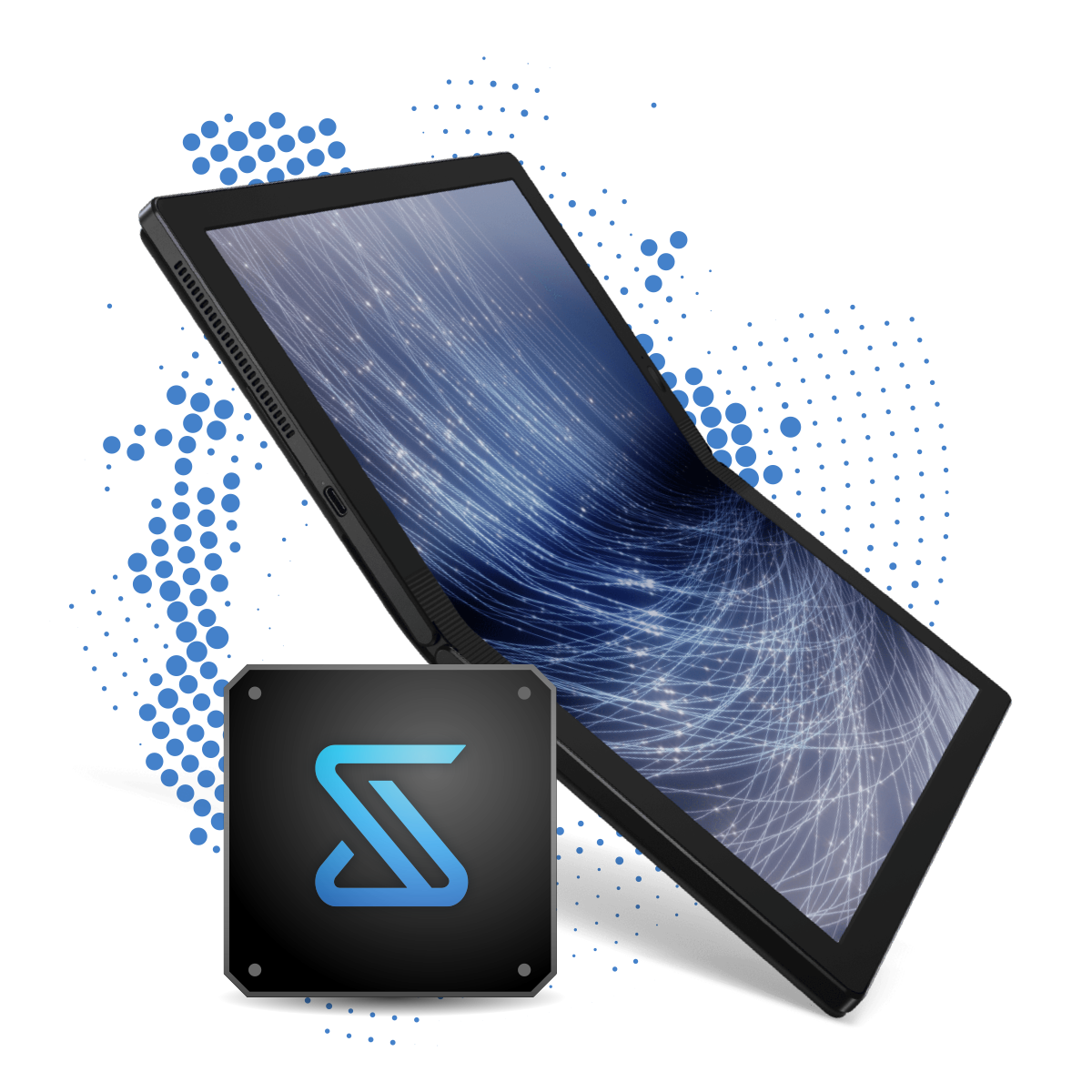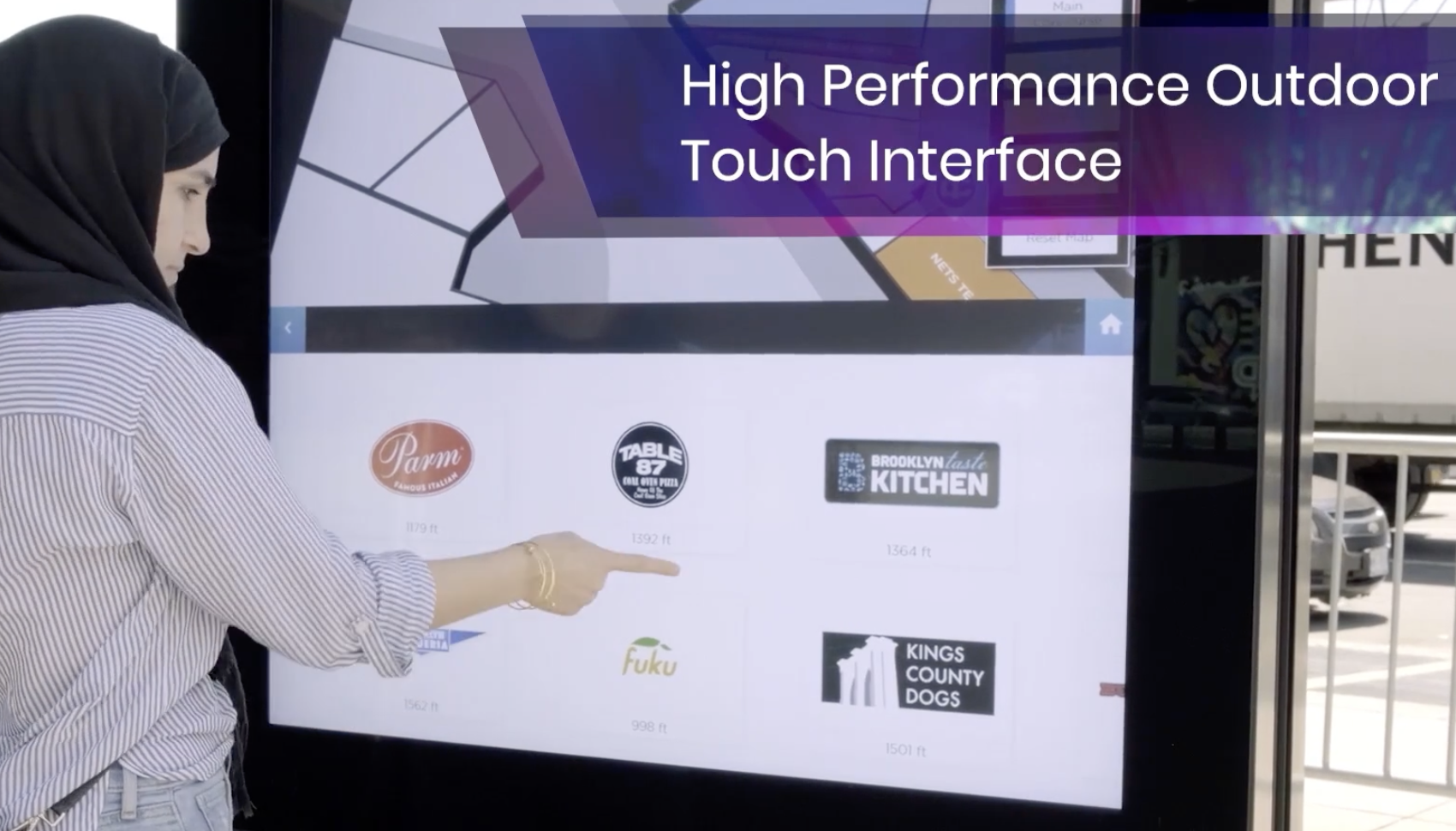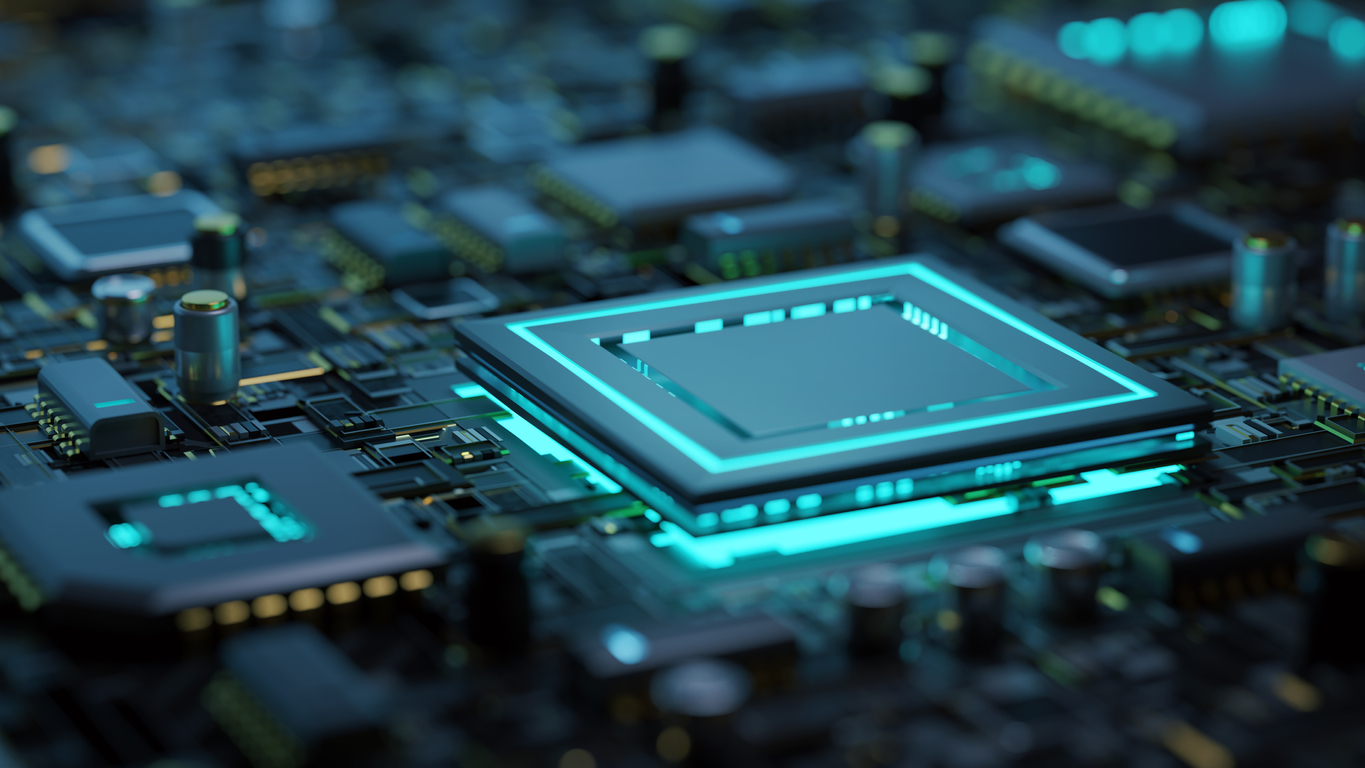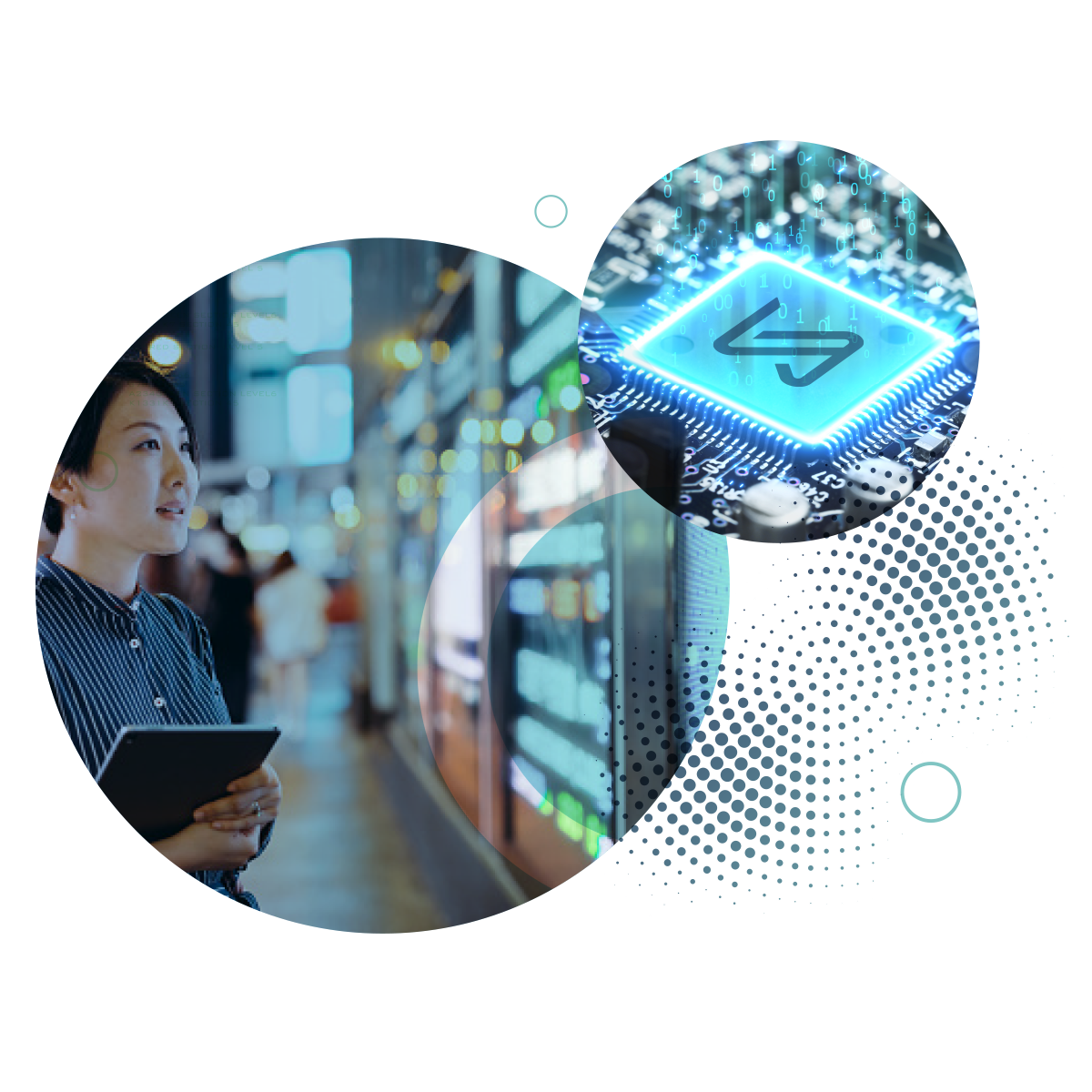AI, Impedance Sensing, and the End of Touchscreen Frustration in Harsh Environments
We all have personal experiences with modern touch screens that don’t work with wet hands, or when wearing gloves, but what if your everyday involves working outside and/or getting your hands wet and dirty? What if you work as an EMT responding to an accident in the rain? For many the frustration is not an occasional irritant but stops progress on time critical tasks, or worse, causes mistakes. Instead of assuming this is just a reality of modern tablets and industrial laptops, Zebra worked with SigmaSense to enable a new generation of tablets built for people with tough jobs, who live by deadlines and measurable productivity.
This common problem has not been solved until the launch of Zebra’s ET6x ET60/ET65 Enterprise Tablets Specification Sheet | Zebra.
Why was this problem not solved until now?
First, modern capacitive touch screens use an analog-to-digital converter (ADC) to recognize a touch on the screen, in some cases a few ADCs are used to “sample” or “scan” the screen looking for a touch. Unfortunately, water drops can look like a touch and rain on the screen will confuse these scanning systems. By contrast, Zebra and SigmaSense have launched the world’s first tablet with 128 individual sigma-delta based ADCs all on one piece of silicon, all operating concurrently, and all performing impedance spectroscopy on the entire screen continuously with no scanning.
Impedance information captured across a broad frequency spectrum provides screen physics details continuously, learning if there is rain on the screen, if gloves are being worn, or if a small-tipped pen is being used to write on the screen. AI-enabled devices are now using impedance spectroscopy to learn their environment, understanding much more than legacy scan-based sensing systems. AI informed by complex impedance data across a wide frequency spectrum contains important information, so our devices can work regardless of the environment.
Check out this short clip of Tomi Fadip’s interview with Larry Stone from Zebra and Kevin Reinis from SigmaSense or watch the full podcast for more details.




